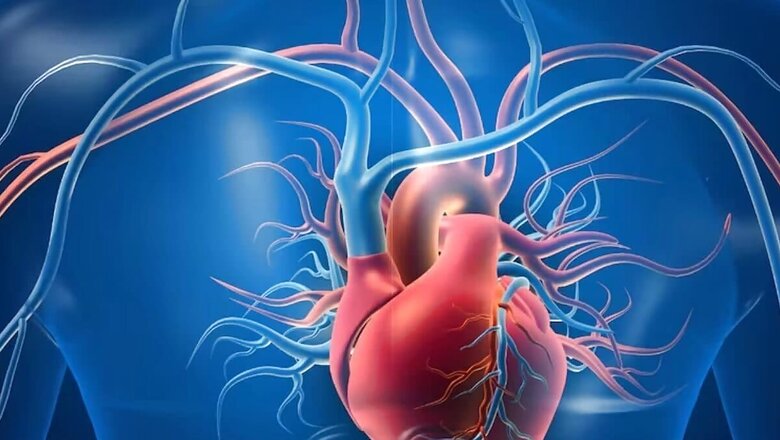
views
There has been a rampant rise in cardiovascular diseases over the last decade. As per reports, around 18 million people die due to heart attacks every year worldwide. There are many risk factors associated with cardiovascular diseases like an unhealthy diet, lack of physical activity, and alcohol consumption. Some research suggests that the risk of heart disease can be lessened if we follow a healthy routine. This includes reducing the intake of sugar and salt content while ensuring the consumption of fibre-rich foods in a sufficient amount. There is one more factor that is essential to keep our hearts healthy. Let’s understand what it is.
Research has found that drinking water is one of the most important factors that may lessen the risk of many health conditions. These conditions also include cardiovascular diseases. The evidence suggests that there are some minerals in water such as calcium and magnesium; these minerals can positively impact human health and further keep a check on cardiovascular diseases.
According to a 2002 study, dehydration is also linked to the risk of heart attack in adults. Lack of water thickens our blood, which leads to our blood vessels constricting. This can strain your heart and further cause plaque buildup and blockage in the arteries, which is the primary reason for a heart attack. It is advised to take a sufficient amount of water. Notably, it can reduce the risk of heart attack by 46 per cent in men and 59 per cent in women.
Besides, not drinking less water can also lead to a drop in your blood volume level, further causing your blood to thicken. This can also cause the blood pressure to come down naturally. In order to maintain the blood pressure level, the body squeezes blood vessels and increases the heart rate. This requires your heart to work harder to transport oxygen and other nutrients, further leading to irregular heartbeat or palpitations. Thus, to keep your heart healthy, you need to consume an adequate amount of water daily.


















Comments
0 comment